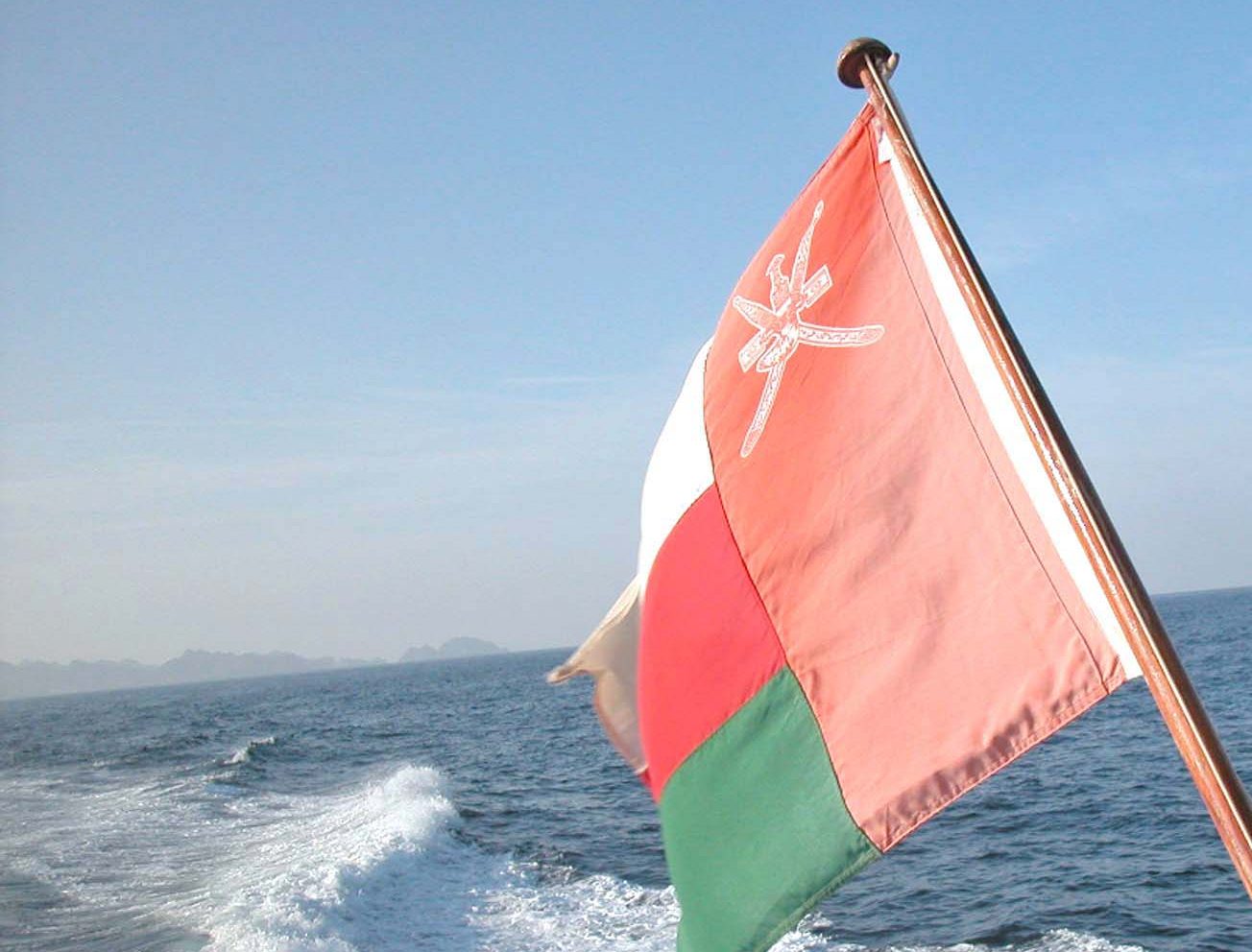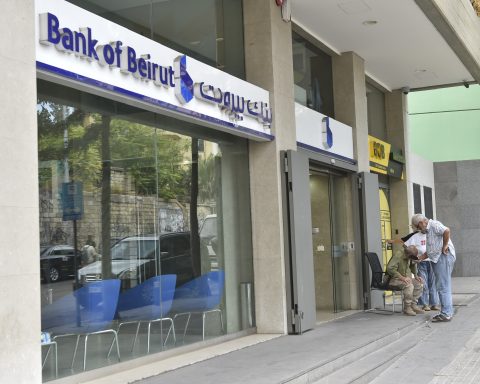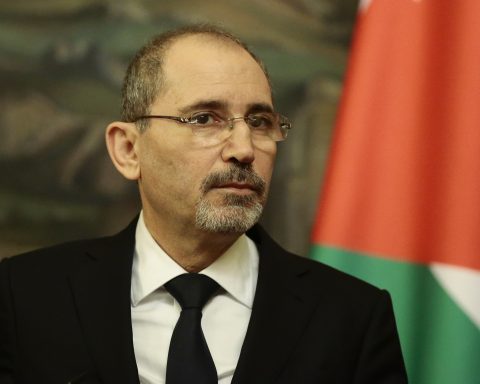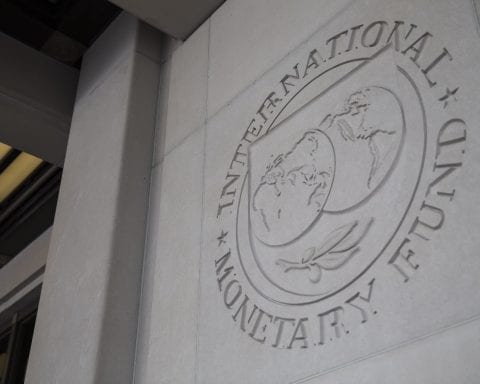According to two sources familiar with the situation, Oman’s government is working on an environmental, social, and governance (ESG) framework that might allow the chronically indebted Gulf oil-producing country to diversify its revenue base.
The move comes as Oman collaborates with the International Monetary Fund (IMF) to devise a debt plan after low oil prices and the COVID-19 outbreak wreaked havoc on the country’s finances last year.
According to one of the sources, work on building an ESG framework is still in its early stages. While it was not related to specific debt issuance plans, a second stated that tapping ESG-focused investors in future fundraising activities would be beneficial.
Since the 2014 oil price drop, Oman’s debt-to-GDP ratio has risen from 15 percent in 2015 to about 80 percent last year, despite the country’s promises to diversify revenue away from oil and cut spending on its bloated public sector.
However, in the last year, Oman has taken a number of steps to improve its finances, including the implementation of a value-added tax. Despite a widening budget deficit, this has allowed it to keep access to international debt markets and raise billions of dollars in loans and bonds this year.
The development of a sustainability framework coincides with a rising understanding of ESG risks among foreign investors, as well as initiatives in the oil-producing Gulf area to attract capital to low-carbon, ecologically friendly investments.
By 2040, Oman hopes to be listed among the top 20 countries in the worldwide Environmental Performance Index, according to its Vision 2040 economic development plan, which was launched this year. It currently occupies position 110 out of 180 countries.














